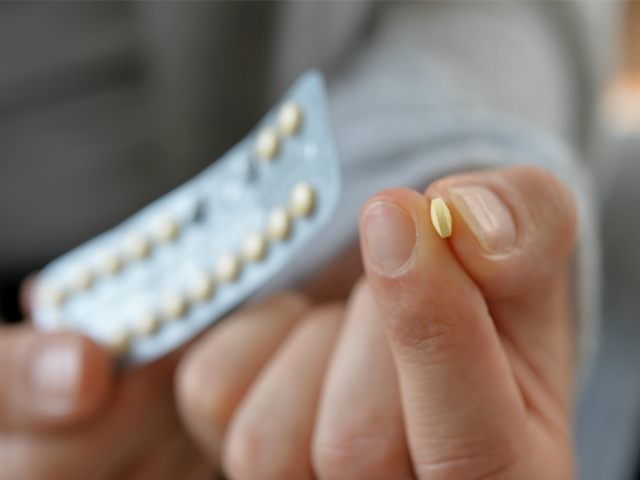Venezuela’s socialist government has run the OPEC nation’s economy to the group, prompting shortages of goods as varied as toilet paper, coffin materials, beer, and water. The shortage has now hit pharmacies, with most pharmacies having completely run out of most forms of contraceptives, particularly birth control pills.
Venezuela has the highest teen pregnancy rate in Spanish-speaking South America, second only to Guyana on the continent.
“The majority of contraceptive medications are scarce, to say not completely gone,” says Freddy Ceballos, the head of Venezuela’s Pharmacy Federation, which has called the situation “extremely grave.” He told reporters that the federation has no idea when they will be able to import more birth control pills, and there is no timeline for bringing most contraceptives back on the market. He notes anecdotally that women are rushing from pharmacy to pharmacy seeking out any form of contraception possible.
Shortly before the news broke of a complete lack of birth control pills on the market, reports began to surface of condoms becoming so rare that merchants still in possession of them were asking for hundreds of dollars per package. Bloomberg News reported earlier this month that a package of 36 Trojan brand condoms could only be bought at the price of 4,760 bolivars: $755. This is about a monthly salary at minimum wage in Venezuela.
Due to the lack of availability of more popular forms of contraception, long-term contraceptives like IUDs and NuvaRings have gained popularity. Local paper El Carabobeño notes that long-term contraceptives have skyrocketed in demand, according to Venezuela’s Obstetrics and Gynecology agency. Gynecologists appear to have been shocked to hear of the demand growing, as these methods are typically rarely used in the country as most women do not know about them.

COMMENTS
Please let us know if you're having issues with commenting.